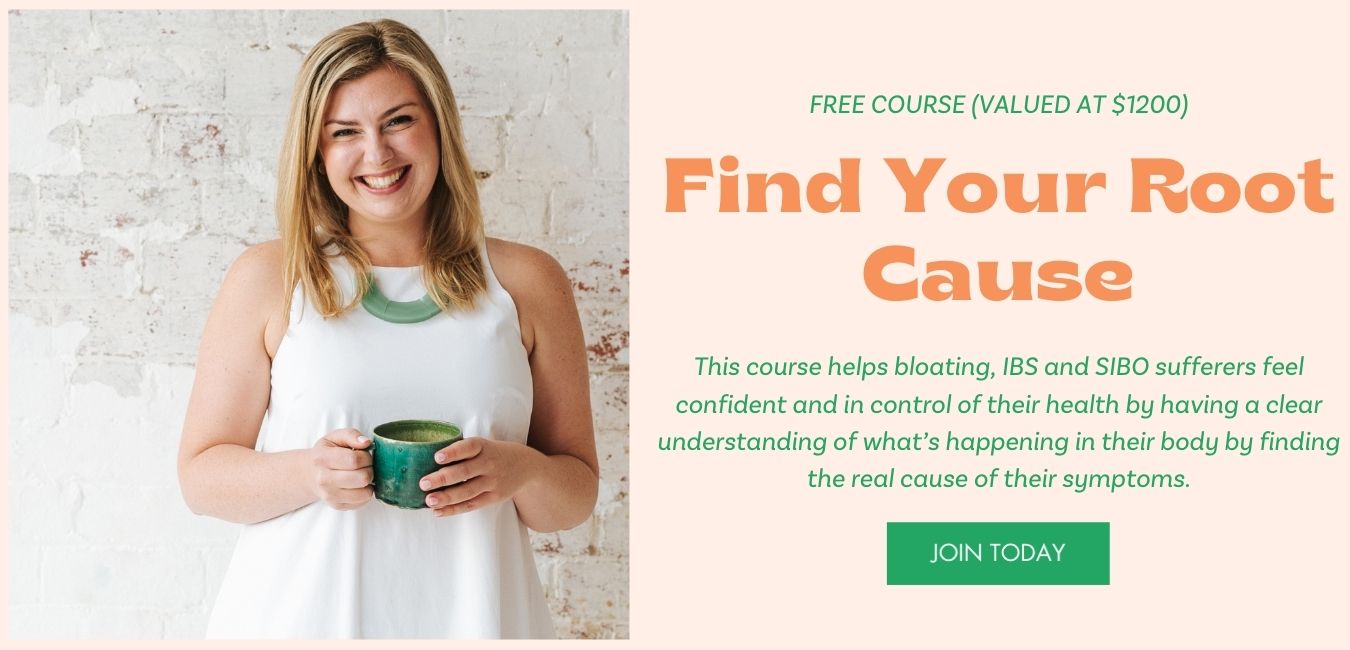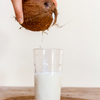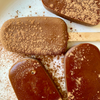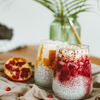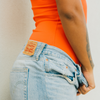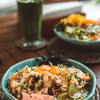How To Socialise And Travel When You Suffer From Bloating: Tips From Australia's Bloating Naturopath
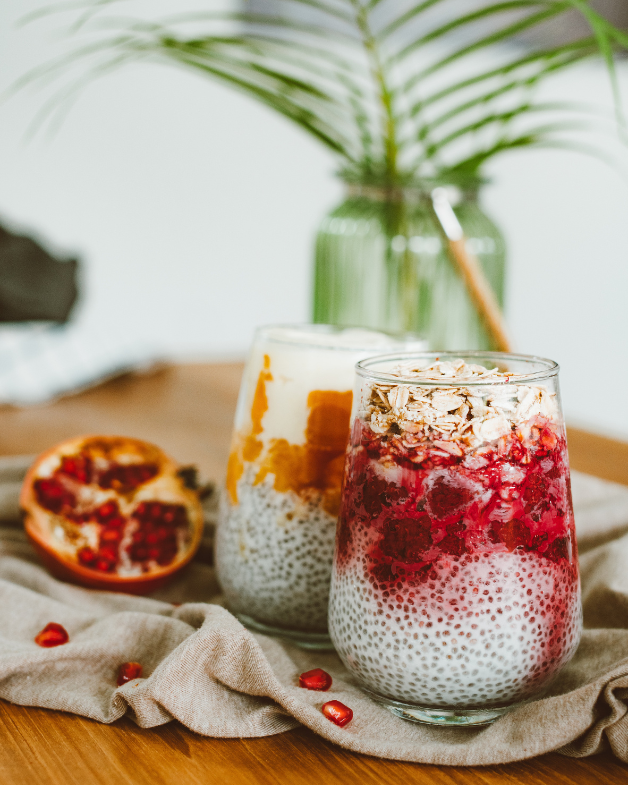
Eating out, socialising with loved ones and traveling without the bloat is pretty much a mission impossible if you suffer from irritable bowel syndrome, small intestinal bacterial overgrowth or bloating that you don’t understand the cause of yet.
It’s not only the bloat that affects you though, it’s also the debilitating food anxiety, fear you’ll get caught out without a toilet, extreme discomfort in your own clothes, avoidance of wearing your swimmers and indigestion and pain after eating.
Given the toll all of this has on your physical, mental and emotional health you now fear and avoid going on holiday, traveling and eating at cafes or restaurants or socialising with loved ones.
But this is no way to live and you know deep down you deserve to enjoy life’s pleasure’s without anxiety, pain and bloating.
To help you feel like yourself again and have the confidence and freedom to travel and eat, here are my top bloat relieving hacks.
Now before I get into this, if you want to know what causes bloating, how to test and find the cause of your bloating and how to treat and get rid of your bloating for good, check out this blog.
How to prevent bloating
To prevent bloating you have to understand what causes bloating, otherwise your treatments miss the mark. There are two main reasons for bloating:
- The overproduction of gas
- An issue with gas elimination
Often the combination of both of these are occurring.
Underlying these causes could be the following issues:
- Dysbiosis (bacterial or fungal) causing excess fermentation
- Enzyme and acid deficiencies causing proper breakdown of foods and maldigestion
- Leaky gut which can affect enzymes and bacteria involved in the breakdown
- Consumption of bubbles such as cider, beer, soda, kombucha
- Motility (movement) issues in the gut that come from nervous system dysfunction
- Over or under functioning of abdominal muscles that doesn’t support proper peristalsis
- Adhesions such as from surgery or endometriosis that impairs the flow
When it comes to preventing bloating, you need to have treatments focused on both the main issues and your unique underlying cause of them. For example you may have an issue with bloating due to having an issue with elimination. You have identified that your constipation is contributing to this poor elimination, so in order to help your bloating you need to treat the root cause of your constipation (and no it’s not always to eat more fibre!).
What foods cause bloating?
While your bloating can feel worse during or after you’ve eaten, it’s not because food is CAUSING your bloat, rather food is TRIGGERING your bloating cause.
For example, you eat an apple and feel bloated. The apple didn’t cause your bloating, but the presence of the apple (and the fibre and sugar it naturally contains) triggers the underlying issue such as enzyme deficiencies, leaky gut or microbiome dysbiosis which then cause bloating.
Aside from foods that contain bubbles such as soda water (where you are literally swallowing bubbles into your digestive system), food isn’t the cause of bloating, in my experience foods that most people suspect cause (or technically trigger) bloating is a group called FODMAPs.
FODMAP is an acronym referring to Fermentable Oligosaccharides, Disaccharides, Monosaccharides and Polyols, complex names for a collection of molecules found in food. They are often found as food you would be encouraged to eat for a healthy gut such as legumes, pulses, grains, fruits, vegetables, nuts, seeds and dairy. FODMAPs can also be found in other foods, perhaps not as amazing for the gut, such as alcohol. Particularly wine, beer and cider are high FODMAP containing.
Now the key is to not avoid these healthy gut loving high FODMAP foods long-term as this can cause a number of issues including increased sensitivity, microbiome dysbiosis and food related anxiety and overwhelm.
What helps with bloating?
The biggest thing that helps with bloating is to treat the root cause of your bloating. This way you aren’t stuck on band-aid treatments or restricted diet for the rest of your life, rather you have fixed the problem from where it begins. If this is done correctly and you have implemented a sustainable long-term plan that suits your needs, your bloating will go away and hopefully never return!
The process of testing, identifying and treating the root cause can take time so using bloating supports in the meantime is a really good idea.
My two favourite things that help bloating is:
-
Incorporate mindful eating strategies everyday, especially when you are out socialising or on holidays. These can optimise your digestive function with a focus on HOW you eat rather WHAT you eat. Check out this blog for my top 8 strategies.
-
For meals that are ‘out of your control’ and/or likely to trigger symptoms I love suggesting a FODMAP specific enzyme supplement to help digestion and reduce fermentation. As mentioned, this is an example of a band-aid support, so remember to keep digging into your root cause even if these supplements are effective at reducing your bloat. Please check with your prescribing practitioner before starting this.
How to relieve bloating fast
The GOAT (greatest of all time) of relieving bloating fast is the incredible herb peppermint. Either as a herbal tea or an enteric coated peppermint oil capsule is best. Peppermint is proven to reduce pain and discomfort in irritable bowel syndrome (1) it’s antispasmodic properties can prevent or ease spasms or cramps and carminative can prevent formation of gas in the gastrointestinal tract or aid the removal of gas.
- Tea is a wonderful option as it can be enjoyed hot or cold and is readily available when traveling or when out at a cafe.
- Tablets/capsules can be a convenient option for times when tea is inconvenient, just pop a bottle in your handbag and off you go!
A note on safety:
- Peppermint in either form may aggravate reflux
- Peppermint capsules are not recommended for pregnancy or lactation/breastfeeding
- Please check with your prescribing practitioner before starting anything
How to treat and get rid of bloating for good
You can only effectively treat and get rid of bloating for good when you are treating the root cause. You need to understand your unique set of causes for bloating to create an effective treatment.
This means any treatment that is focused on purely providing symptom relief, such as dietary restriction, antibiotics or multiple supplements you can’t stop without a symptom flare.
I will be the first to admit that this can take months and even years depending on your unique circumstances but I will also be the first person to say you CAN do it and it is 100% worth it.
The reason it takes time is because we are looking WAY beyond the symptom relief (the tip of the iceberg) and going into the deep submerged root causes which may have been subtly triggering the cascade of bloating causes for years (even decades).
In the free masterclass you can learn about the Bloated to Body Confident course, the step-by-step course to testing and treating your bloat so you can get rid of it for good.


